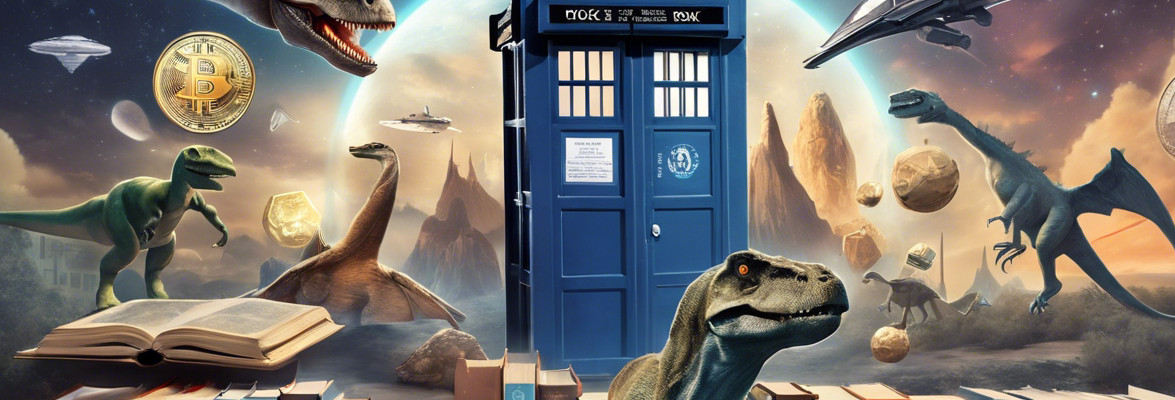
The multinational semiconductor producer Qualcomm Incorporated announced that it has reached a definitive agreement to acquire NXP Semiconductors N.V., which operates in the same field, for a total of about $47 billion to be paid in cash at $110 per share. This is the largest acquisition in the history in the semiconductor field.
Founded in 1985, Qualcomm established itself over the years and particularly in the last decade producing processors for mobile devices. In particular in recent years a significant part of its revenue has been coming from its hardware platform Snapdragon based on ARM chips.
NXP is a Dutch company created in 2006 from a Philips division that over the years has expanded in the world. It’s active in the production of chipsets for mobile devices as well but its main business is in the production of specialized chips for specific tasks. As a Philips division, NXP was among the inventors of the NFC (Near Field Communication) technology for the delivery of two-way short-range wireless connectivity. Among the others, it produces chips for payments via NFC.
In recent years, NXP has also got into other markets such as home automation and automotive. These are markets experiencing rapid growth because home automation is evolving with the development of the Internet of Things and the automotive has been restless for the increasing introduction of computer systems up to self-driving cars.
In 2015, NXP acquired Freescale Semiconductor, another company in that sector that was originally a Motorola division and became a separete entity in 2004. It was a big deal valued at around $16.7 billion and yet seem small compared to the acquisition of NXP by Qualcomm.
Steve Mollenkopf, Qualcomm CEO, stated that this acquisition serves to accelerate the company’s involvement in the mobile industry’s evolution. He cited the automotive and the Internet of Things sectors but also security, another one that’s growing together with the number of connected devices.
Basically, NXP’s offers complement those of Qualcomm strengthening its position in markets where it already has a major presence and allowing the company to expand into markets that are becoming increasingly important. The deal was already taken for granted days ago with figures of around $39 billion. In the end, the total figure is even bigger and confirms the value of the giants of certain sectors.

